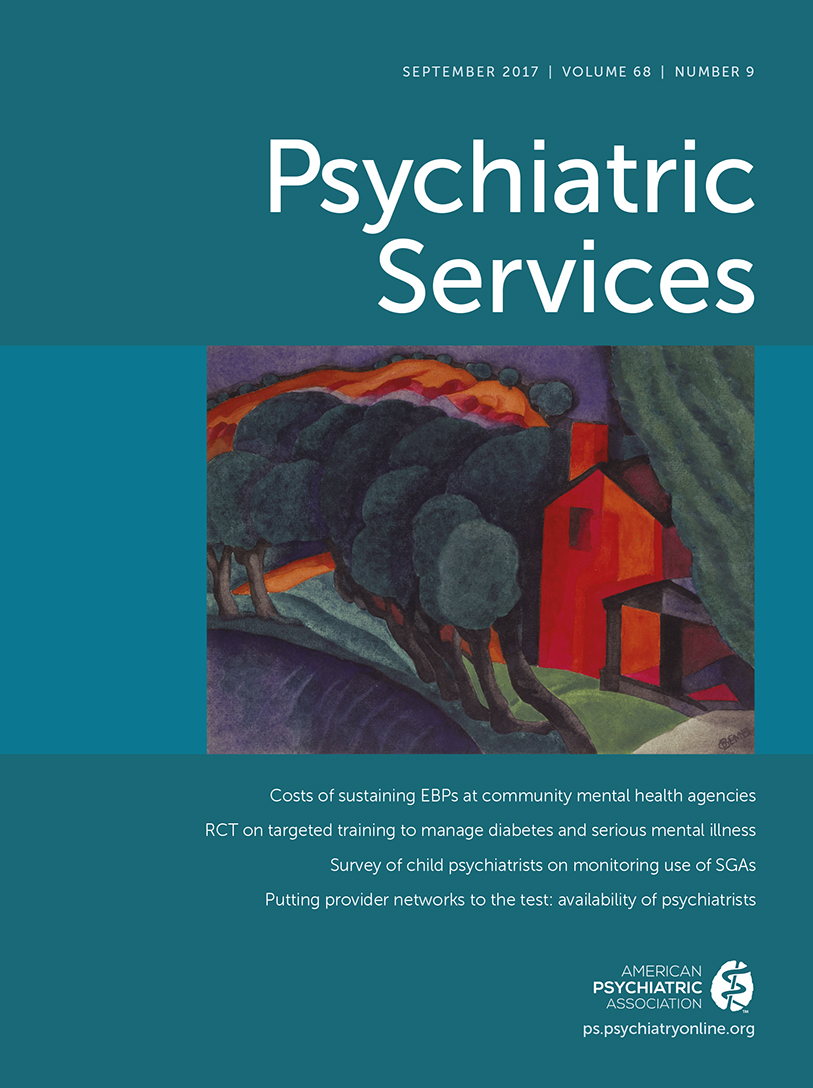Comorbid Chronic General Health Conditions and Depression Care: A Population-Based Analysis
Abstract
Objective:
Untreated depression among persons with chronic general health conditions (chronic health conditions) affects mortality, functional disability, quality of life, and health care costs. Currently, studies of the association between depression care and chronic health conditions report inconsistent results, and studies of depression care among persons with specific health conditions are rare. This study investigated the association between chronic health conditions and the likelihood of receiving depression care among individuals with depression.
Methods:
Retrospective data from physician claims, hospital separations, vital statistics, and insurance plan registries were used to identify a cohort of individuals with depression and track 12-month use of health services among those with and without a chronic health condition. Disparities were analyzed by using generalized linear models.
Results:
Individuals with depression and a chronic health condition had higher use of psychological therapy, higher use of any depression care, greater continuity of care, and better adherence to antidepressant therapy compared with individuals with depression only. However, they were less likely, in general, to be on antidepressant therapy, and individuals with diabetes had fewer visits to general practitioners for a mental health–related reason compared with individuals without diabetes. A trend toward lower use of any depression care was observed among patients with cerebrovascular disease.
Conclusions:
Use of depression care was generally higher among individuals with chronic health conditions, although there were differences in patterns of use by type of health condition. Some patients with specific health conditions could be at risk of being inappropriately treated for depression.



